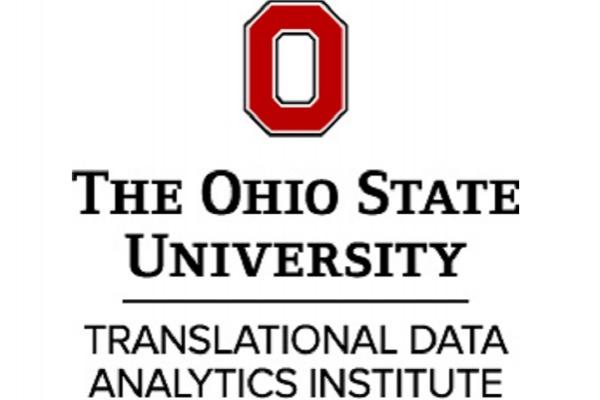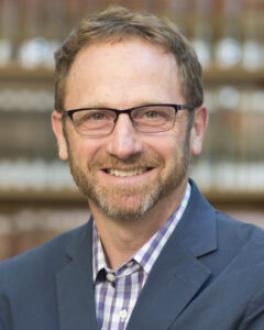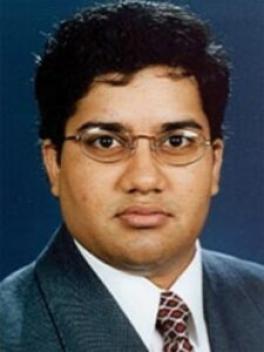Responsible Data Sciences Community of Practice Seeks to Uncover the Ethical Issues Surrounding Data in our Society

The Responsible Data Science Community of Practice, newly established in the summer of 2020 and hosted by TDAI, focuses on what it means for advanced analytics to be used fairly and justly, and how best to achieve this.
This interdisciplinary community explores these fundamental questions through the lenses or computer science, law, philosophy, infomatics, business, sociology and the many other fields that it encompasses. The Community of Practice is led by Dennis Hirsch and Srinivasan Parthasarathy.

Hirsch is a professor and lawyer at The Moritz College of law; he also serves as the Director for the Program on Data and Governance and recently ran a Business Data Ethics webinar series. Parthasarathy serves as a professor of Computer Science and Engineering and Biomedical Informatics. Additionally, he serves as the Director in the Data Mining Research Laboratory and the Co-Director of Data Analytics Major.
As the community’s name suggests, it is essential that advanced analytics, machine learning and associated technologies be practiced responsibly if the larger society is to trust and accept them. The modern economy is reliant upon copious amounts of data and with this comes risks to fairness, privacy and equality. As such, ethics plays an imperative role in the questions Responsible Data Sciences asks.

“With the rise of advanced analytics and AI the benefits of actionable insights really increase, but so do the risks,” says Hirsch. As such, there are questions about the use of AI technology and the threats it poses. Srinivasan says, “The processes by which these insights are discerned and subsequently shared is often complex — requiring multiple transformative steps – and if you are acting on these insights as an organization, as an industry, then there are several sources of risk at each step.”
Bias, manipulation, inequality, and discrimination become ever-present concerns that need to be addressed. These issues have significant ramifications to our society – how they are addressed in a responsible format is an important consideration for this CoP. Not all the answers are clear, and that is why doing the research and educating fellow scientists is such relevant work.
By bringing into play transdisciplinary work through fields in law, bioinformatics, bioethics, public health, nursing, and computer science – to name a few – Responsible Data Sciences can start to address questions about racial bias in medical decision-making or in who gets plasma during the COVID-19 pandemic. Most companies and governments currently lack the capacity and infrastructure to be able to answer these questions. Fortunately, the resources here at The Ohio State University allow this Community of Practice to address these issues and as such, they have even partnered with The Health and Life Sciences Community of Practice.
To learn more about the COP or to join, visit the Responsible Data Science Community of Practice page.
